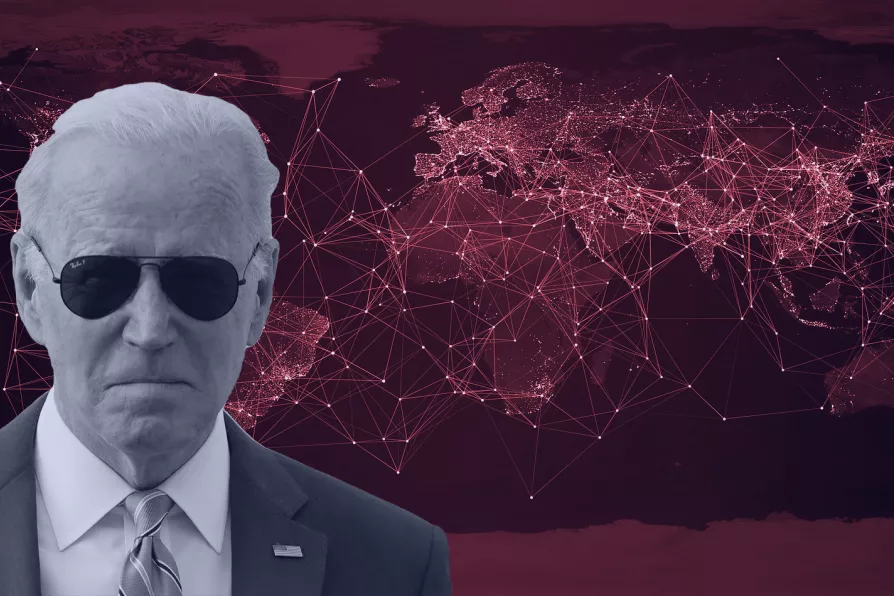As tens of thousands return to the streets for the first national Palestine march of 2026, this movement refuses to be sidelined or silenced, says PETER LEARY

 Over the decades, in order to maintain unequal exchange, a system of rules, institutions and practices of investment and trade centred on the US dollar and US financial institutions has evolved. Under US-monopoly power, both inter-imperialist rivalries as well as anti-imperialist resistance have been subdued with the subordination and incorporation of Europe and Japan and of many of the elites of the developing nations.
Over the decades, in order to maintain unequal exchange, a system of rules, institutions and practices of investment and trade centred on the US dollar and US financial institutions has evolved. Under US-monopoly power, both inter-imperialist rivalries as well as anti-imperialist resistance have been subdued with the subordination and incorporation of Europe and Japan and of many of the elites of the developing nations.
IN HIS RECENT ARTICLE “‘Is Russia an imperialist country?’ is not the right question” (Morning Star, March 29 2022) Zoltan Zigedy does well to point out that imperialism, as a new stage of capitalism, is a historically developing system and not a policy.
But somewhere along the line the baby gets thrown out with the bathwater: by effectively dismissing multipolarisation as a system of inter-imperialist rivalry, drawing an equation between now and 1914, he overlooks the crucial factor of the emergence of the developing world.
Despite subordination under neo-colonialism, that developing countries still have a certain counter-imperialist agency has been demonstrated by the abstentions to the US-initiated UN general assembly motion deploring Russia’s aggression on Ukraine.

JENNY CLEGG reports from a Chinese peace conference bringing together defence ministers, US think tanks and global South leaders, where speakers warned that the erosion of multilateralism risks regional hotspots exploding into wider war













